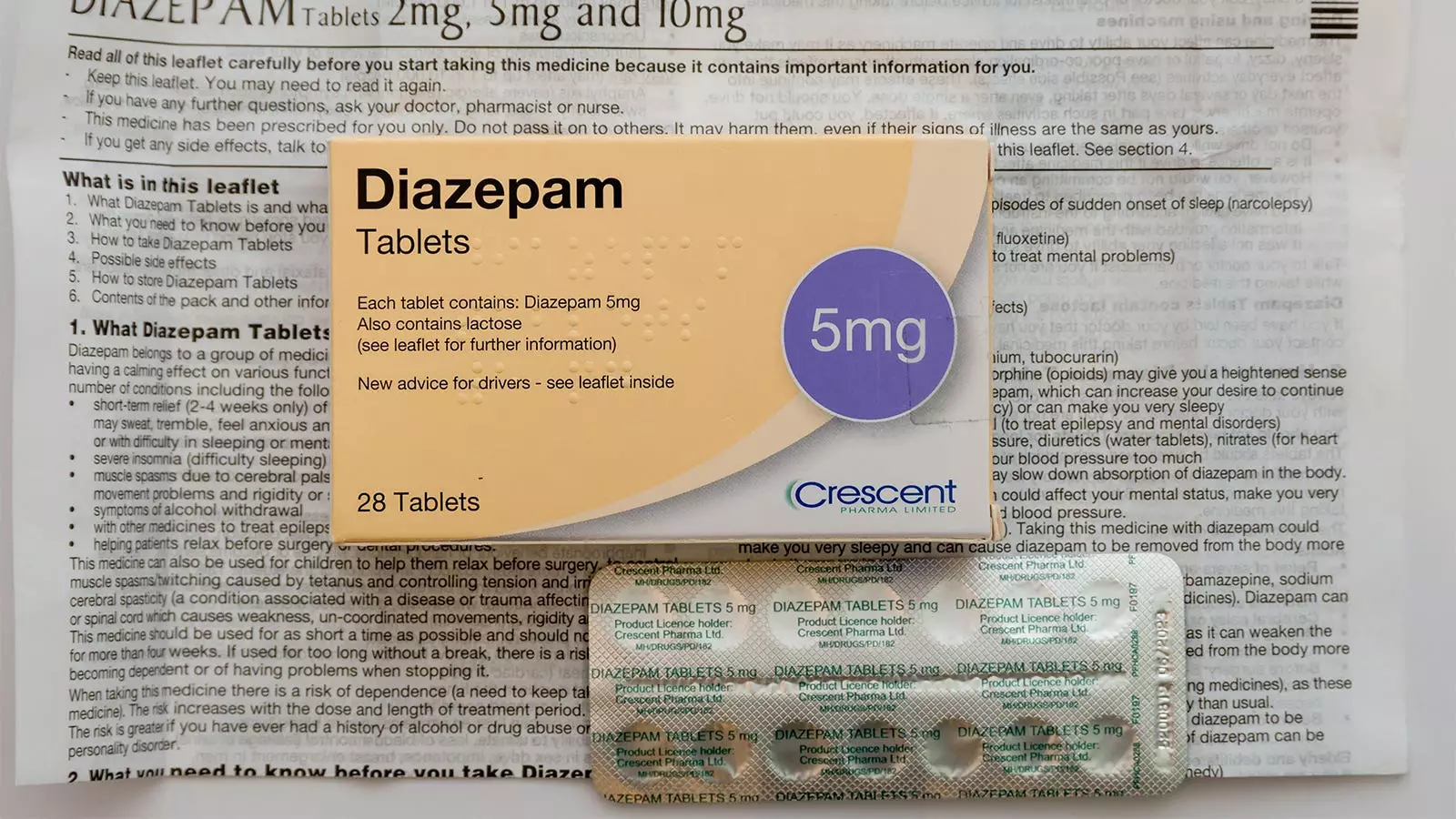Progressive supranuclear palsy (PSP) is a neurodegenerative disorder that causes a range of symptoms including difficulties with movement and cognition. A recent post hoc analysis conducted by Anne-Marie Wills, MD, MPH, and colleagues at Massachusetts General Hospital in Boston suggests that the use of benzodiazepine derivatives may contribute to a faster decline in PSP symptoms. This finding is particularly concerning because benzodiazepines are commonly prescribed to individuals with PSP for insomnia and anxiety.
The study analyzed data from a phase II/III clinical trial involving 305 participants with PSP. The participants were divided into two groups: those who took benzodiazepine derivatives and those who did not. The researchers found that individuals who were prescribed benzodiazepines had a more rapid worsening of PSP symptoms, as measured by the PSP Rating Scale (PSPRS). The difference in PSPRS scores between the two groups was statistically significant at weeks 39 and 52.
The findings of this study raise concerns about the use of benzodiazepine derivatives in the treatment of PSP. The fact that benzodiazepine-related drugs, such as zolpidem, zopiclone, and eszopiclone, were not associated with worsening PSPRS scores suggests that other factors may be at play. It is possible that benzodiazepines themselves contribute to disease progression in PSP, or that the conditions for which they are prescribed, such as insomnia and anxiety, are associated with worse outcomes in PSP.
It is important to note that this study does not establish a causal relationship between benzodiazepines and progression of PSP. The researchers were unable to determine whether benzodiazepines directly cause worsening of symptoms or if there are other confounding variables at play. Further research is needed to better understand the impact of benzodiazepines on PSP progression.
There are several limitations to this study that should be considered. Firstly, the analysis was based on a retrospective observational analysis, which is susceptible to bias. Additionally, the study visits were infrequent, which limited the ability to evaluate the acute symptomatic effects of benzodiazepines. Furthermore, the study only included individuals with Richardson’s syndrome, the most common clinical presentation of PSP. Therefore, the findings may not be generalizable to other variants of PSP.
The use of benzodiazepine derivatives may contribute to a faster decline in PSP symptoms, according to the results of this post hoc analysis. However, it is important to note the limitations of this study and the lack of a causal relationship. Further research is needed to determine the precise impact of benzodiazepines on PSP progression and to identify potential modifiable factors that may influence disease outcomes. In the meantime, healthcare providers should exercise caution when prescribing benzodiazepines to individuals with PSP and consider alternative treatment options for symptoms such as insomnia and anxiety.


Leave a Reply